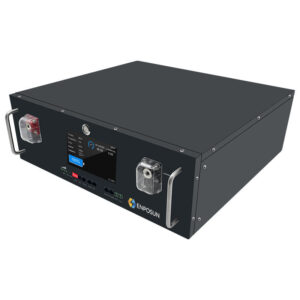The difference between 12 volts and 24 volts of lithium batteries is mainly reflected in the voltage, use, size and weight, as well as the possible ease of use. Here’s a detailed explanation of these differences:
Voltage
12 volt lithium battery: The output voltage is 12 volts.
24-volt lithium battery: The output voltage is twice that of a 12-volt lithium battery, which is 24 volts.

Use
12-volt lithium battery: widely used in mobile communications, portable computers, power tools and other electronic products, but also commonly used in small and medium-sized car
batteries.
24-volt lithium battery: It is more used in industrial and commercial fields, such as trucks, heavy equipment, etc., among which large and heavy-duty trucks may adopt 24-volt battery systems.
Volume & Weight
Generally speaking, if the battery capacity is the same, a 24-volt lithium battery may be twice as large as a 12-volt lithium battery due to the higher voltage output required. At the same time, due to the difference in the internal structure and materials of the battery, the 24-volt lithium battery may also be relatively heavier.
However, it is also important to note that the size and weight of a battery are also affected by capacity, design, and other factors, so the specifics may vary from product to product.
Ease of use
12-volt lithium batteries are generally easier to use in everyday electronic devices due to their lower voltage, and charging equipment is more common.
24-volt lithium batteries may require special charging equipment and are not compatible with 12-volt devices during use.
In summary, there are significant differences between 12-volt and 24-volt lithium batteries in terms of voltage, use, volume and weight, and ease of use. Which type of battery you choose depends on your specific application needs and device compatibility.

